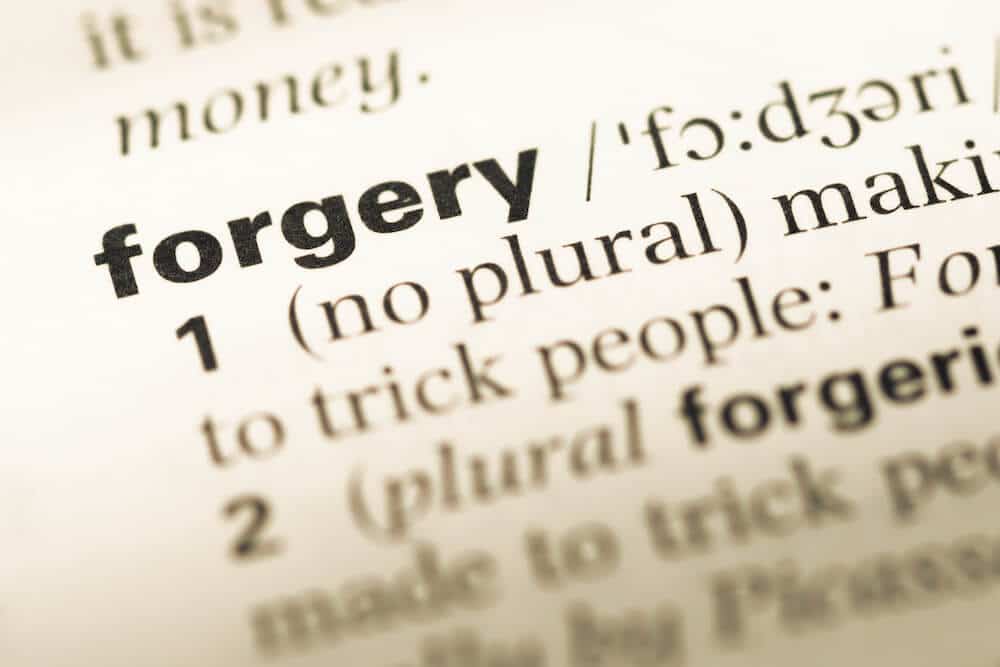- Home
- THE FIRM+
- Criminal Defense+
- CASE RESULTS
- AREAS WE SERVE+
- FAQ’s
- Blog
- Contact
AZHARI LLC BLOG

Posted By: Sami Azhari
Category:
A prostitution charge is very serious, and can have devastating, long-lasting consequences. Whether the charge is related to solicitation or participation in prostitution, alleged offenders face sex offender registration, jail time, large fines, a criminal record, and more.
If you are up against a prostitution charge, make sure that your rights are protected by consulting with an experienced Chicago prostitution attorney with a proven track record in these types of cases. How to best defend yourself depends largely on the specific prostitution offense that you’re being accused of.
Illinois Crimes Related to Prostitution
There are a number of different sex crimes related to both soliciting prostitution and performing sexual favors in exchange for money or other objects of value.
Solicitation of a sexual act. In solicitation of a sexual act, the defendant offers another person something of value in exchange for sexual conduct or a sexual favor.
This is a Class A misdemeanor in Illinois unless the defendant solicits a minor or someone who is intellectually disabled, in which case it is charged as a felony. However, if the defendant reasonably believed that the person solicited was of age or not intellectually disabled, he or she may not be found guilty of juvenile solicitation.
Patronizing a prostitute. Patronizing a prostitute involves engaging in sexual conduct with a prostitute, or entering or remaining in a location where prostitution occurs with the intent to engage in sexual conduct. In Illinois, patronizing a prostitute is a Class 4 felony, but is charged as a Class 3 felony if it is a repeat offense or if the prostitute is a minor or intellectually disabled. If the offense occurs within 1000 feet of a school or is a repeat offense with a minor it is a Class 2 felony.
Prostitution. In Illinois, the crime of prostitution is defined as performing, offering to perform, or agreeing to perform a sexual act in exchange for anything of value. Prostitution is a Class A misdemeanor unless committed within 1,000 feet of a school. A minor arrested for prostitution will not be prosecuted, but rather put in temporary protective custody.
Promoting prostitution. Promoting prostitution, otherwise known as “pimping,” is a Class 4 felony. This can include forcing someone to become a prostitute, arranging a situation that allows someone to practice prostitution, or otherwise profiting from prostitution.
Soliciting for a prostitute. Soliciting for or advancing prostitution is related to promoting prostitution, and is also a Class 4 felony in Illinois. This is a much broader category of offenses and includes acts such as convincing another person to take part in prostitution, arranging prostitution meetings, and allowing or continuing to allow a place under the defendant’s control to be used for prostitution.
Defenses against Illinois Prostitution-Related Charges
If you have been charged with a prostitution-related crime, your criminal defense attorney may use a number of different defenses depending upon the circumstances of the alleged offense. Below are some of the most common defenses for prostitution. Which one will be most appropriate for you will depend upon the specifics of your actual case. Consult with a lawyer who has a proven track record of success handling these types of charges.
Entrapment. Entrapment is a common defense for solicitation of a sexual act or patronizing a prostitute. This is because many arrests for these offenses are made with the help of an undercover agent. These agents pose as prostitutes or pimps and trap offenders by asking them to engage in prostitution. If the agent uses coercion or other overbearing tactics to induce the defendant to engage in prostitution, an entrapment defense may be appropriate.
Mistake. Mistake may be an appropriate defense for some prostitution cases. In these cases, the defendant may not have specifically intended to engage in a sexual act with the prostitute.
For example, responding to a call girl service with the intent to get a date rather than engage in a sex act does not constitute solicitation. Similarly, if the defendant is found in a massage parlor or other area used for prostitution, this alone does not necessarily constitute patronization or solicitation. The intent to engage in sexual activity must be proven by the prosecution.
Insufficient evidence. If the prosecution does not present adequate evidence that the defendant engaged in prostitution, an insufficient evidence defense may be appropriate. For example, if a conversation for solicitation was ambiguous and did not express a clear and definite agreement, or if the exchange of money was not discussed, this may not be sufficient evidence. Similarly, the solicitation may have been in jest, and there was no intent to actually engage in a sex act.
Legal impossibility. If the intended acts would not have been considered a crime, a legal impossibility defense may be feasible. This is commonly used when the sexual acts are engaged through electronic media, for example, when the defendant engages in sexual conversations with a fictitious minor who is actually an undercover agent.
About the Author
Sami Azhari has been working as a lawyer since 2007, after receiving his Juris Doctor from the Michigan State University College of Law. He has handled numerous state and federal cases, and is known throughout the Chicago and Rolling Meadows area for providing his clients with high-quality, skilled representation. He has been recognized by SuperLawyers, the National Trial Lawyers Association, and other notable organizations, and has spoken at a number of legal conferences.


























































